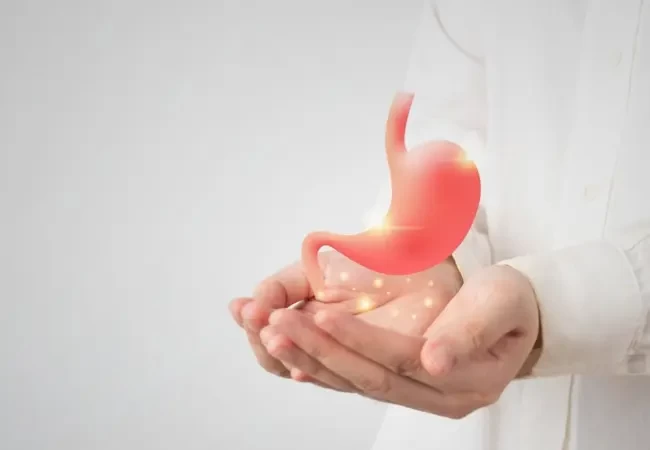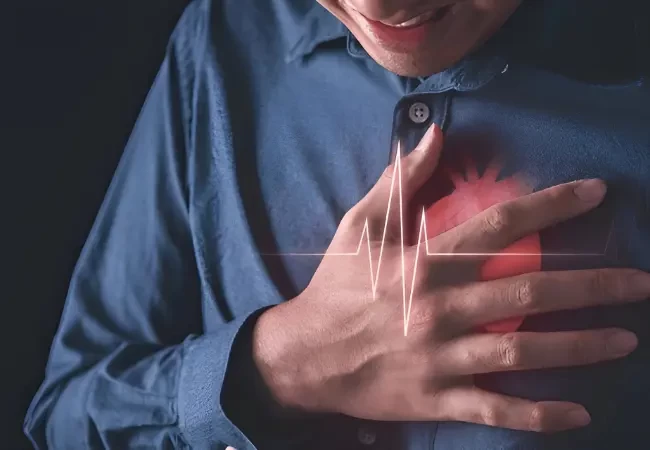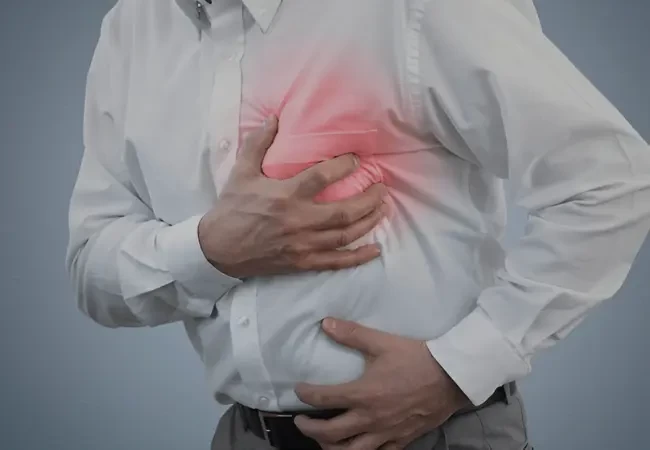No parent wants to see their child in pain. Many kids can get allergies but they happen more often if allergies run in the family. Since it is hard for parents to control everything their child touches or eats, they should pay attention to signs of allergies. Finding out about childhood allergies early can help your child feel better, miss fewer days of school and help you take less time off work to take care of them. Keep on reading to know more about it.
When you have an allergy, your body's defense system gets active against something that most people can handle without any problems. This thing which is called an allergen could be food, pet hair or pollen from plants. Your body responds as if it is fighting off something harmful even though it is not really dangerous for most people.
Your child might have allergies if their eyes are runny, itchy, red or swollen for more than a week or two. The same goes for a runny nose. Are these problems happening a lot? Does your child say their mouth or throat feels itchy or tingly? Do they scratch their ears?
The American Academy of Pediatrics says these can be signs of childhood allergies like hay fever or allergic rhinitis which is very common in kids. Check if these symptoms happen at the same time every year.
The skin is the biggest part of your body and helps protect you from germs. Sometimes, it can react badly to something you are allergic to. Check your child’s skin for eczema which looks like dry, red and itchy patches.
Look out for hives too. They are very itchy red bumps that can be tiny like a pen tip or big like a dinner plate according to the American Academy of Dermatology.
Hay fever which is also called seasonal allergies affects more than six million children every year. It is the most common allergy for kids. These allergies happen during certain times of the year when pollen from plants and mold spores are in the air.
If your child has seasonal allergies, it might make it hard for them to breathe. Look for signs like trouble breathing, quick breaths or a wheezing sound. A dry cough that produces clear mucus can also mean they have a respiratory allergy. If you notice your child gets tired more quickly than other kids while playing, it could be a sign of allergies too.
If your child keeps getting colds around the same time every year, they might have seasonal allergies. If you notice these signs that last more than a few days:
You should take your child to see a doctor. They might also have red, itchy or watery eyes which means they have allergic conjunctivitis. If your child also has trouble breathing or wheezing, it could mean their allergy has become worse and may be asthma.
If your child has allergies, it does not always mean that he or she will sneeze and cough. The largest organ of the body is the skin and it is also a part of the body's immune system. Sometimes, the skin reacts against an allergen. Around 10% of children around the globe have eczema while many others experience allergic hives, swelling and rashes.
Check for eczema on your kid's skin. Eczema shows up as red, scaly and dry patches that tend to itch. You should also check for hives as they can also be a sign of an allergy. These are red welts that appear on the skin and can vary significantly in size.
There are three most common types of skin allergies which are categorized according to their symptoms. They are:
Eczema: Scaly, red and dry patches
An allergic rash caused by touching something: Redness of the skin or rash, severe itching and scaly, thick patches appearing on the skin that keeps developing over time.
Swelling and hives: The size of these can range from that of a tip of a pen to that of a dinner plate.
One of the common allergies in children are food allergies especially in younger ones. They are different from food intolerance. A food allergy happens when the body's immune system reacts to certain foods which affect different parts of the body.
If your child often has stomach issues like diarrhea or stomach cramps, it might be due to a food allergy. They might also feel very tired or have
Food allergies can also change how your child behaves. They might be more restless or cranky than usual. Before you visit a doctor, keep a record of your child's symptoms. Write down what symptoms they have and what they did or ate before the symptoms started like if they ate a certain food or were around a pet.
Here are eight common foods that can cause allergies in many people:
Food companies must clearly show if their products have any of these ingredients. Additionally, some kids may also be allergic to citrus fruits like oranges and lemons. It can sometimes be hard to figure out which food caused an allergy because some ingredients like soy, may be hidden in sauces or frozen foods and there can be small amounts of peanuts in cereals.
Kids can have different reactions to food allergies and these can range in how bad they are and where they happen. The four main types of food allergy symptoms are:
Your child's doctor can help you understand if their symptoms are due to allergies and can help create a plan to manage them. To reduce skin, breathing or stomach allergy problems, your child may need medications like antihistamines.
EMC is the top children's hospital in Kochi which provides excellent care for kids. We know that children need different treatment than adults. Our Pediatrics & Neonatology department has a team of skilled doctors and support staff who are specially trained to take care of newborns and children for various diseases.


Discover the truth behind common plastic surgery myths. Learn what's real, what's outdated, and how modern procedures truly work.

A step-by-step overview of GI surgery, covering what to do before surgery, what happens in the OR, and how to ensure a strong recovery.

Learn about cancer, its early signs, and prevention tips to lower your risk. Early detection saves lives—stay informed, take proactive steps, and protect your health.

Discover why a skilled pediatrician is essential for your child's growth, development, and overall well-being, from infancy through adolescence.

Discover how dermatology can help tackle acne, slow aging, and treat various skin conditions for healthier, more radiant skin.

Discover common childhood allergies, their symptoms, and management tips. Stay informed to keep your child safe and healthy.

Your liver plays a vital role in metabolism, digestion, immunity, and detoxification. Learn how liver health affects your body and ways to maintain its function.

Strong bones support your body and protect your health. Discover simple diet, exercise, and lifestyle tips to maintain bone strength at any age.

Discover the symptoms, causes, and treatment of hypertensive heart disease. Learn how high blood pressure affects your heart and when to seek medical care.

Learn about chest pain symptoms, causes, and treatments. Know when to seek medical help for a healthier heart.